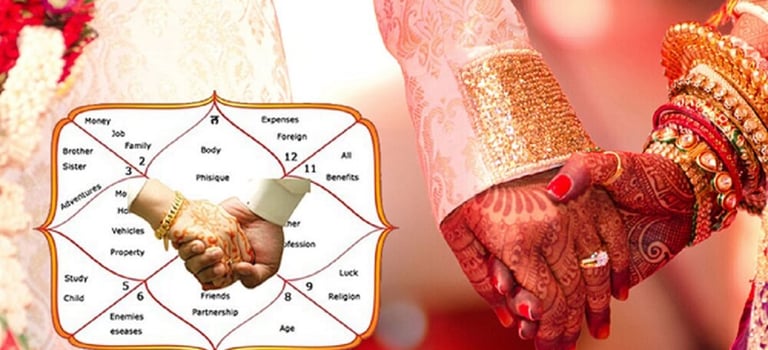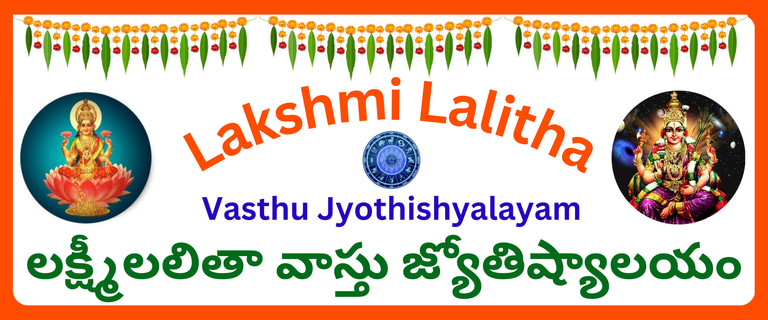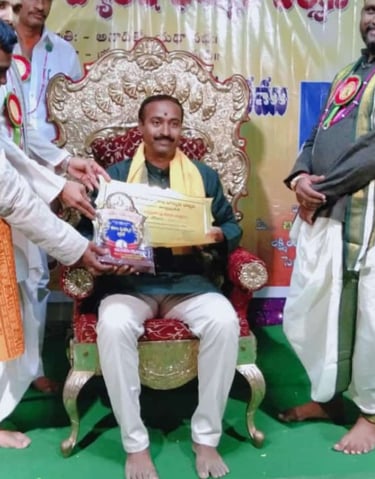

Marriage Kundali Compatibility in Vedic Astrology
In Vedic astrology, marriage is considered a sacred union, and the compatibility between two individuals plays a vital role in determining the success and happiness of the relationship.
The compatibility between two individuals is assessed by comparing their birth charts or Kundalis. This process is known as Kundali Milan or Horoscope Matching, and it helps astrologers determine the overall harmony, emotional connection, and compatibility of a couple before marriage.
Marriage Kundali compatibility is analyzed by studying several key aspects of both individuals’ horoscopes. The most common method used in Vedic astrology for checking compatibility is the Ashtakoota Milan system, where the couple’s horoscopes are compared on eight specific factors or Kootas. These factors are assessed to ensure that the individuals have a favorable match, which can lead to a fulfilling and harmonious marriage.
Key Elements of Marriage Kundali Compatibility
Ashtakoota Milan (Eight Kootas)
The Ashtakoota system is one of the most widely used methods for assessing marriage compatibility in Vedic astrology. It involves comparing eight specific characteristics or Kootas between the couple's horoscopes. These Kootas represent different aspects of life and relationships. The total score, out of 36 points, determines the level of compatibility between the partners. A higher score indicates better compatibility.
The Eight Kootas are:
Varna (1 Point): This Koota represents the spiritual and mental compatibility of the couple. It assesses the caste or varn of both individuals to ensure they share similar temperaments, values, and approaches to life. A good match in Varna signifies mental harmony.
Vashya (2 Points): This Koota measures the degree of attraction and dominance in the relationship. It shows how one partner will influence the other, whether there will be mutual respect, and how the power dynamics will work in the marriage.
Tara (3 Points): Tara relates to the birth star or nakshatra of both individuals. This Koota compares the positions of the stars and assesses the couple's potential for happiness, health, and prosperity. A favorable Tara indicates overall wellbeing in the marriage.
Yoni (4 Points): This Koota analyzes sexual compatibility and the emotional connection between the partners. The Yoni Koota represents the physical bond and intimacy in the relationship. A harmonious Yoni signifies a healthy and fulfilling physical connection.
Graha Maitri (5 Points): Graha Maitri assesses the mental compatibility and understanding between the couple. It compares the positions of the Moon and other planets in both charts to check for harmonious mental and emotional communication. A favorable Graha Maitri ensures that the couple will share similar emotions and thoughts.
Bhakoot (7 Points): Bhakoot assesses the overall happiness and prosperity of the couple. It compares the Moon signs in both charts and checks whether they are in harmony. A strong Bhakoot indicates a harmonious marital life and emotional support.
Nadi (8 Points): Nadi is the most important Koota in determining compatibility. It evaluates the biological and emotional health of the couple and checks for any potential problems related to fertility, children, and family life. A favorable Nadi match ensures that there are no health-related issues or problems with progeny.
Doshas (Defects) in the Kundali
Certain defects, known as Doshas, in the Kundali can also affect marriage compatibility. These Doshas are typically caused by malefic planetary placements and can bring obstacles in marriage. Some common Doshas include:
Mangal Dosha (Mars Dosha):
If Mars is placed in certain positions in the birth chart, it can create Mangal Dosha, which can result in delays or obstacles in marriage. It is believed that individuals with Mangal Dosha may face challenges in marital harmony, especially if they marry another person with Mangal Dosha. However, there are remedies available to reduce the effects of Mangal Dosha, such as performing specific rituals or wearing gemstones.
Kaal Sarp Dosha:
Kaal Sarp Dosha occurs when all the planets are positioned between Rahu and Ketu in the birth chart. This Dosha is believed to create obstacles and delays in marriage and can cause difficulties in personal relationships. Remedies such as performing Kaal Sarp Puja are commonly suggested to alleviate its effects.
Pitra Dosha:
Pitra Dosha arises when there are afflictions in the ancestral lineage or family, causing karmic debts that affect the individual’s life, including marriage. It may lead to challenges or delays in marriage, and performing rituals to honor ancestors can help mitigate its influence.
Nakshatra Matching and Guna Milan
In addition to the Ashtakoota system, Nakshatra Matching is another important factor in marriage compatibility. This involves comparing the Nakshatras or lunar constellations of both individuals.
Each Nakshatra is associated with specific qualities, and matching the Nakshatras helps astrologers assess emotional and spiritual compatibility. In general, a harmonious match between Nakshatras is a positive indicator for a successful marriage.
Dasha Compatibility
The Dasha system in Vedic astrology refers to the planetary periods that influence different aspects of life. The compatibility of the Dashas between the two individuals is an important factor in marriage predictions. If both individuals are in compatible Dashas during the time of marriage, it indicates a smoother transition into married life.
Incompatible Dashas can cause difficulties or delays in marriage, so astrologers often look for favorable Dasha periods to predict the best time for marriage.
Overall Life Compatibility
Besides analyzing the individual aspects of the Kundali, astrologers also look at the overall life compatibility of the couple. This involves examining key houses such as the 7th house of marriage, the 5th house of romance, the 11th house of social connections, and the 9th house of luck and fortune.
Favorable planetary positions in these houses indicate good compatibility, while afflictions or malefic aspects may suggest challenges.
Remedies for Improving Marriage Compatibility
Even if there are certain challenges or Doshas in the Kundali matching process, Vedic astrology provides remedies to alleviate negative influences and improve the compatibility of the marriage:
Puja and Rituals:
Specific rituals like the Mangal Dosha Puja, Navagraha Puja, or Swayamvara Parvathi Puja can help neutralize the effects of Doshas and bring blessings for a successful marriage.
Gemstone Therapy:
Wearing gemstones associated with favorable planets can help mitigate any negative effects in the marriage. For example, wearing a coral for Mars or a diamond for Venus can help strengthen the planets and improve compatibility.
Mantra Chanting:
Chanting mantras like the Gayatri Mantra, Mangal Mantra, or Saraswati Beej Mantra can help resolve marriage-related issues and bring harmony between the couple.
Fasting and Observances:
Observing fasts on specific days, such as Tuesdays for Mars or Fridays for Venus, can enhance the positive effects of these planets and improve marital harmony.
Conclusion
Marriage Kundali compatibility in Vedic astrology plays a significant role in ensuring a happy and harmonious marital life. By analyzing various aspects of the birth charts, such as the Ashtakoota system, planetary positions, Doshas, and Nakshatra matching, astrologers can determine the overall compatibility between two individuals.
Although challenges may arise due to certain Doshas or mismatches, Vedic astrology offers remedies and solutions to overcome these obstacles and foster a fulfilling marriage. Proper Kundali matching can guide couples toward a successful and prosperous married life, ensuring emotional, spiritual, and physical compatibility.





